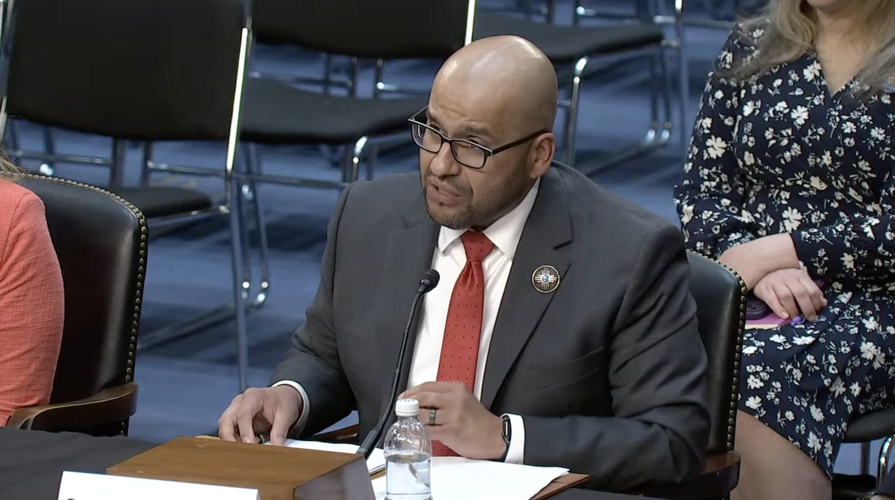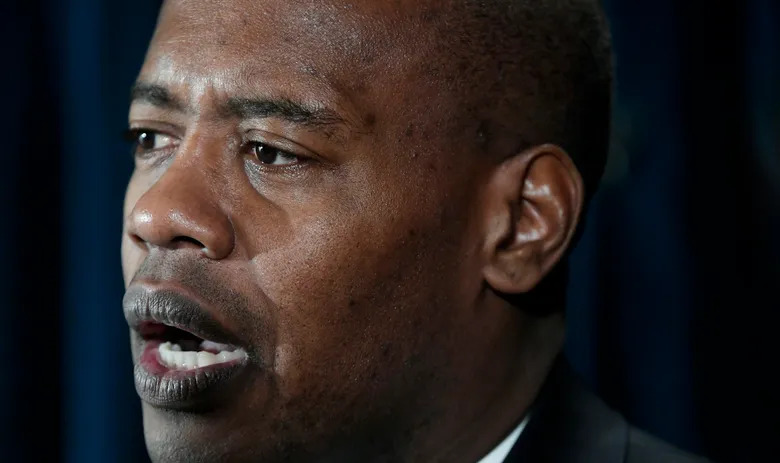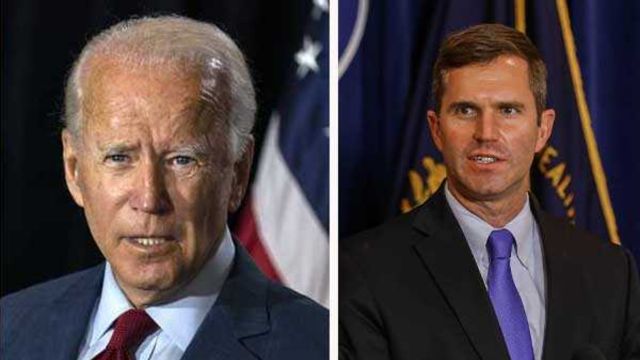Apr. 10—A lot of parents wish they could spend more time with their kids while they are still young.
That much was agreed upon by both Democratic and Republican members of the U.S. Congress Joint Economic Committee during a broad discussion on Wednesday that focused on New Mexico’s early childhood education system as a possible model for the rest of the country.
While Democrats, like Javier Martínez, Speaker of the New Mexico House, talked about the possible economic and social benefits of making preschool and child care more widely available, conservatives said they were worried that the federal government’s participation could limit parents’ choices.
New Mexico voters approved a measure in 2022 to use the state’s multibillion-dollar Land Grand Permanent Fund to pay for early childhood education. In 2020, the Early Childhood Education and Care Department was created.
It is still too early to tell if these changes will eventually lead to higher test scores and better K–12 rankings for New Mexico. However, a national study released last spring showed that the quality and availability of tuition-free preschool programs had gotten a lot better.
The National Institute for Early Education Research’s study also said that the number of kids going to preschool has gone up over the past ten years. In New Mexico, 42% of 4-year-olds and 11% of 3-year-olds were enrolled in state-funded preschool in 2022. This is compared to about a third of 4-year-olds and 6% of 3-year-olds across the country.
As well as new state tax changes, Martínez mentioned the New Mexico Child Income Tax Credit, which taxpayers can use for the first time this year, and tax breaks for private child care providers that were passed in the most recent legislative session as other changes that aim to help families financially and make child care more accessible.
“Some say we can’t afford to put money into early learning and child care, but we say we can’t afford not to put money into it,” said Melissa Boteach of the National Women’s Law Center. According to studies done after the pandemic, the lack of child care and early schooling cost the country’s economy about $122 billion.
“That is in lost economic productivity and lost tax revenue from people getting pushed out of the labor force,” said Boteach.
Lindsey Burke, who runs the Center for Education Policy at the Heritage Foundation, said she was worried that a government approach to early childhood education and care, like the Head Start program, wouldn’t give families as many options.
She asked politicians to be careful with rules if they want to make early childhood programs available to all children. It was found that 67% of women with kids under 18 would rather stay home or work part-time, she said.
“Yet the push for universal preschool and day care taxes those same mothers to pay for an arrangement counter to their preferences, reducing the money they have to spend on their own children,” Burke noted. She also had doubts about how well Head Start worked.
Martínez told the committee New Mexico’s early childhood system has both public and private choices. It was said that a full program should include prekindergarten at schools, home visits for parents starting before they have a baby, and child care for parents who work.
“If you only work on one of those parts, you won’t get the results you want,” Martínez told the committee, which was led by Democrat U.S. Sen. Martin Heinrich of New Mexico. “… I’m a big believer that if we just do pre-K and nothing else, we’re not going to move the needle very far.”
R-Ohio U.S. Sen. J.D. Vance said he thinks “there’s something a little deranged” about a talk about publicly funded child care when so many parents would rather stay home with their kids.
“And our answer to them is, ‘You’ve got to go to the workforce because that’s what going to raise GDP,'” said Vance.
Martínez said he knows a lot of parents want to stay home.
“Problem is, they can’t afford it,” he told me. “… this isn’t about making people work to boost GDP.” This is about families and being able to take care of kids. If that’s the path we want to take, let’s talk about a scheme that gives regular people money.




